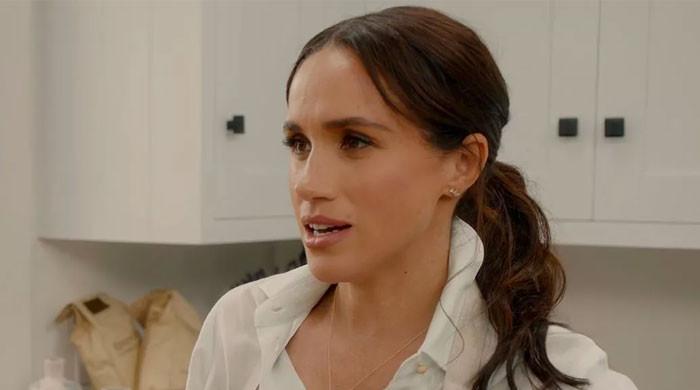We’ve dissected the hype, and with good reason—'collagen' has been one of Google’s most searched terms in recent years. Why the obsession? It’s the most abundant protein in the human body, and when it starts to vanish (which it naturally does), your skin tells the tale. Let’s move past the poetic praise and get into the numbers.
According to the experts at Vichy, collagen makes up 70% of your skin’s dry weight. In an average 80-kg body, that’s around 4kg of pure collagen. No wonder there’s a scramble to protect it.

From the age of 25, we start losing about 1% of collagen each year—a slow fade that accelerates with age, sun, stress , and late-night existential spirals. The early game is all about prevention. The later game? Stimulation, which is where aesthetic medicine steps in, needles at the ready.
“The collagen in our skin reflects a delicate equilibrium between synthesis and degradation,” Mercedes Abarquero Cerezo, pharmacist and head of scientific projects at L'Oréal Dermatological Beauty Spain, tells Vogue Spain. “As we age, the cells responsible for collagen production slow down. At the same time, a host of external and internal factors—from sun exposure and diet to stress and hormonal shifts, particularly during menopause—can speed up its breakdown.
” But, she adds, the process isn’t as catastrophic as we might imagine. “Our body is a system in flux. Collagen is always being broken down, and always being rebuilt.
The issue arises when this rhythm falls out of sync—when production dips, or quality declines. That’s when the visible signs of ageing start to emerge.” 5 signs your skin is losing collagen Although statistics speak of collagen loss after the age of 25, there’s nothing strictly mathematical about it.
But it is true, explains Abarquero Cerezo, that this lower amount of different types of collagen in the skin (there are 16) produces changes in the "internal structure and alteration in its organization, which generates that we can visibly see how the skin loses firmness and wrinkles are marked," she affirms. Among the most obvious signs that this loss has begun, the expert lists: Collagen and menopause Abarquero Cerezo confirms that hormonal fluctuations affect not just the body but the skin as well. In fact, "studies show that during the first 5 years of menopause, there is a decrease of up to 30% of collagen and it can also be seen that during the following 15 years the decrease is greater than at younger ages with a reduction of 2% of collagen," she concludes.
How to slow down collagen loss Ageing is a gift, and collagen loss is a natural process. It can't be avoided, but it can be slowed down. Abarquero Cerezo recommends a multi-pronged approach: Do collagen creams help? Yes—but not for reversing collagen loss.
“Collagen is a molecule used in cosmetics. It has a high molecular weight and its absorption is limited to the superficial layer of the skin. It is used for the effect it produces on the surface, to improve texture immediately,” she explains.
In other words, topical collagen works more like a quick fix for texture than a long-term solution for deeper structural change. But if you're serious about slowing collagen loss and supporting repair, it’s the ingredients and lifestyle shifts above that do the real work. Also read: I add collagen to my coffee every morning.
Here are all the benefits Best time to take collagen, according to experts Do collagen supplements actually work? The experts tell us.
Entertainment

5 ways your skin tells you it’s losing collagen

We’ve dissected the hype, and with good reason—'collagen' has been one of Google’s most searched terms in recent years. Why the obsession? It’s the ...














